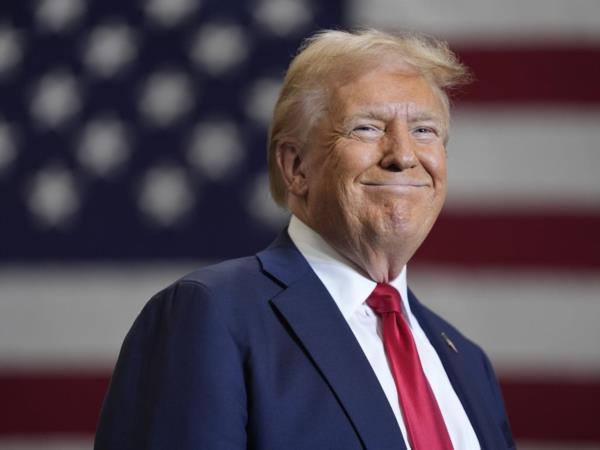
President Donald Trump recently announced plans for reciprocal tariffs and suggested that Americans may not necessarily bear the economic burden of his policies. Trump stated that while prices may not necessarily rise for consumers, job opportunities are expected to increase significantly as a result of these measures.
During a press briefing in the Oval Office, Trump emphasized the potential positive impact on job creation, following his directive to explore the feasibility of reciprocal tariffs as a means to address trade imbalances and enhance government revenue. The investigation into the viability of these tariffs is slated to be finalized by April 1, as indicated by Commerce Secretary nominee Howard Lutnick. Subsequently, Trump will make the final decision on whether to implement any new tariffs.



Trump's perspective on tariffs and their implications diverges from the views of many economists, who anticipate that substantial tariffs could lead to increased price pressures. Despite a decline in inflation from its peak in June 2022, recent data suggests that inflation remains above the Federal Reserve's 2% target. The Consumer Price Index rose by 3% in January compared to the previous year, with a notable increase of over 23% from February 2020.







